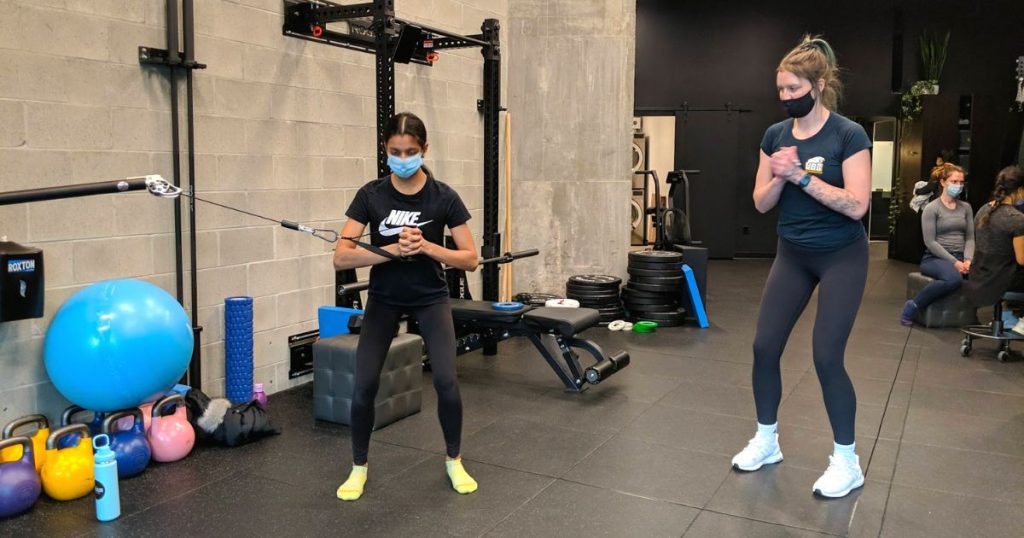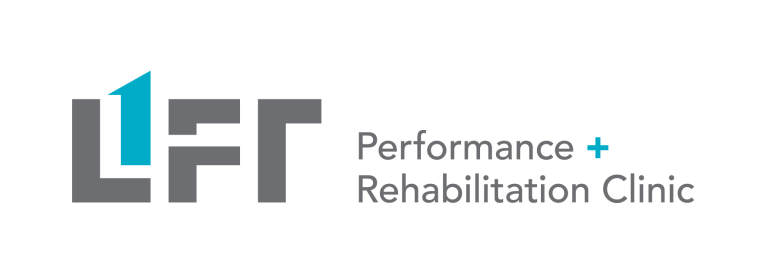If you’ve noticed a plateau in your strength/power in the gym or on the field/court/ice, your body may be telling you that you’re due for some serious recovery. Taking the time to incorporate proper recovery strategies can help ensure you remain strong and powerful and help avoid chronic (overuse) injuries.
Here are 3 strategies to help you prioritize your recovery and boost performance in the gym or on the field.
1. Sleep
Everyone should get 7-10 hours of sleep per night to optimize recovery. You should shoot for the higher end of this range (towards 10hrs) if you are very active. Many recovery-based processes occur during sleep such as muscle repair and growth. Not to mention, getting an adequate amount of sleep helps improve cognitive decision-making abilities, athletic performance, as well as helps prevent or defend against some illnesses.
2. De-loading
De-loading is a planned, short period of recovery that involves dropping the intensity (load) or the volume (sets and reps) of your exercise regimen. There are many ways to incorporate de-loads into your training plan whether it’s in the gym or on the field of play. This method helps ensure that we avoid overtraining and burnout which can lead to exhaustion and sometimes injury or illness due to sustained, intensive training.
Deloading looks different for everyone depending on their sport and training protocols. Our strength and conditioning coaches are experts at creating programs that are specific to your personal needs and goals. Through a thorough intake and evaluation, we can determine the optimal time and method for you to deload.

3. Post-Exercise Fuel
Depending on the training you are pursuing (aerobic-focused vs. strength or power-focused) your body will require different levels of nutrients to recover properly. In general, it’s worth it to speak to a registered dietician about what nutrients you are consuming and what may be missing from your diet. A well-balanced diet requires a balance of protein, carbohydrates, and fats and everyone will require varying degrees of these depending on their activity levels as well as the nature of their activity.
Our strength coaches are here to help you optimize you performance and recovery. Book now to receive personalized coaching and programming.
Why is recovery important?
To ensure you keep making performance gains, you need to incorporate proper recovery techniques. Sleeping, incorporating de-loads into your training plan, and ensuring you are properly fueled are 3 of the most important ways we can avoid injury, plateaus, and in extreme cases, burnout or overtraining. Although some other treatments, like massage, foam rolling, or stretching can help, it’s important to make sure the big 3 are covered first and foremost! Other techniques, like those mentioned can absolutely be added on top of the big 3 if they help keep you feeling prepared and perform to the best of your abilities.
Remember that no one is capable of training at high intensities for prolonged periods of time without the proper recovery. Listen to your bodies and ensure you are taking days off, getting the right amount of sleep and fueling yourself so that you can feel your best.
Our strength coaches are here to help
If you’re looking for personalized coaching and programming to optimize your performance and recovery, our strength coaches are here to help. Book an S&C package on your own or with a group of friends!
